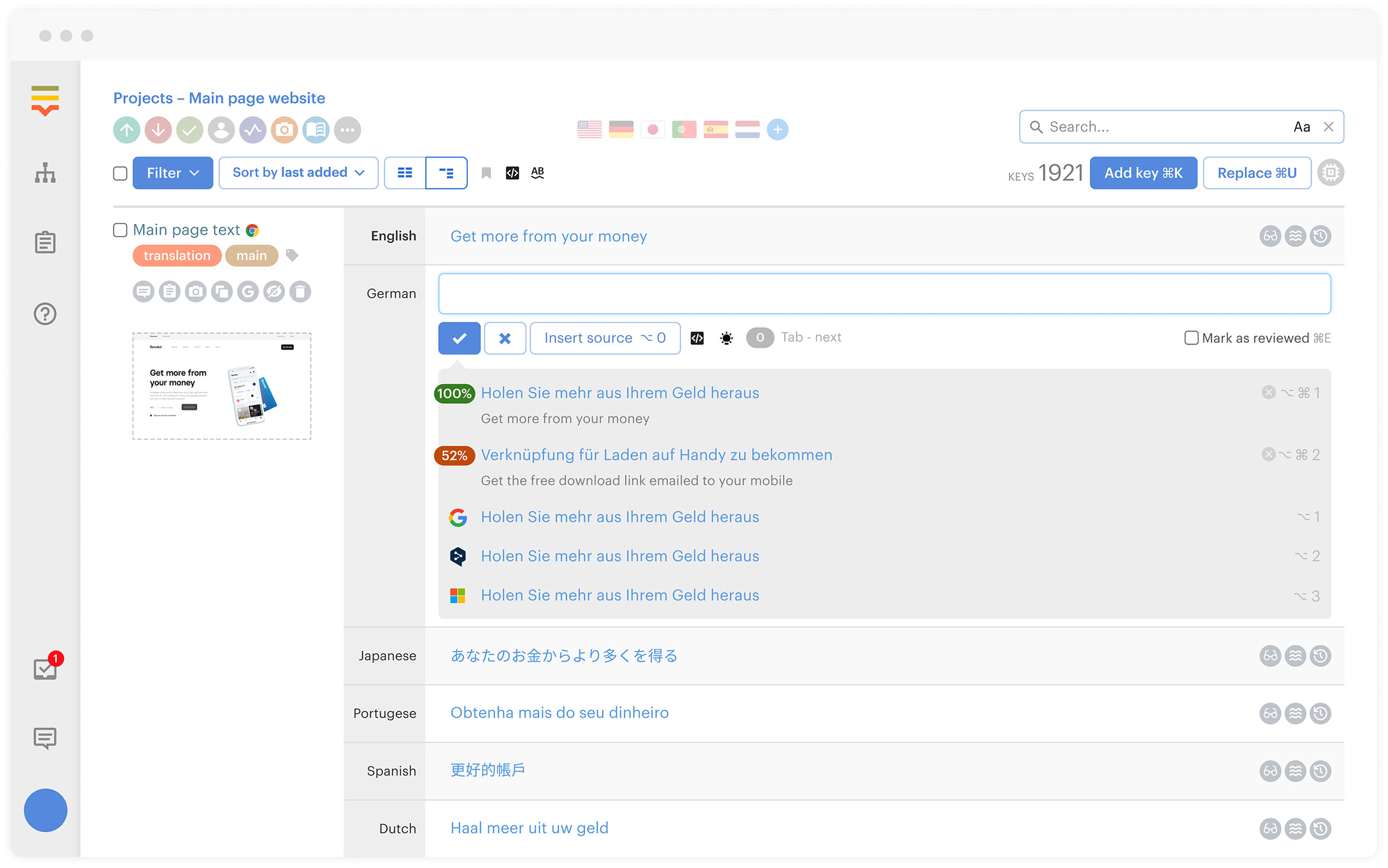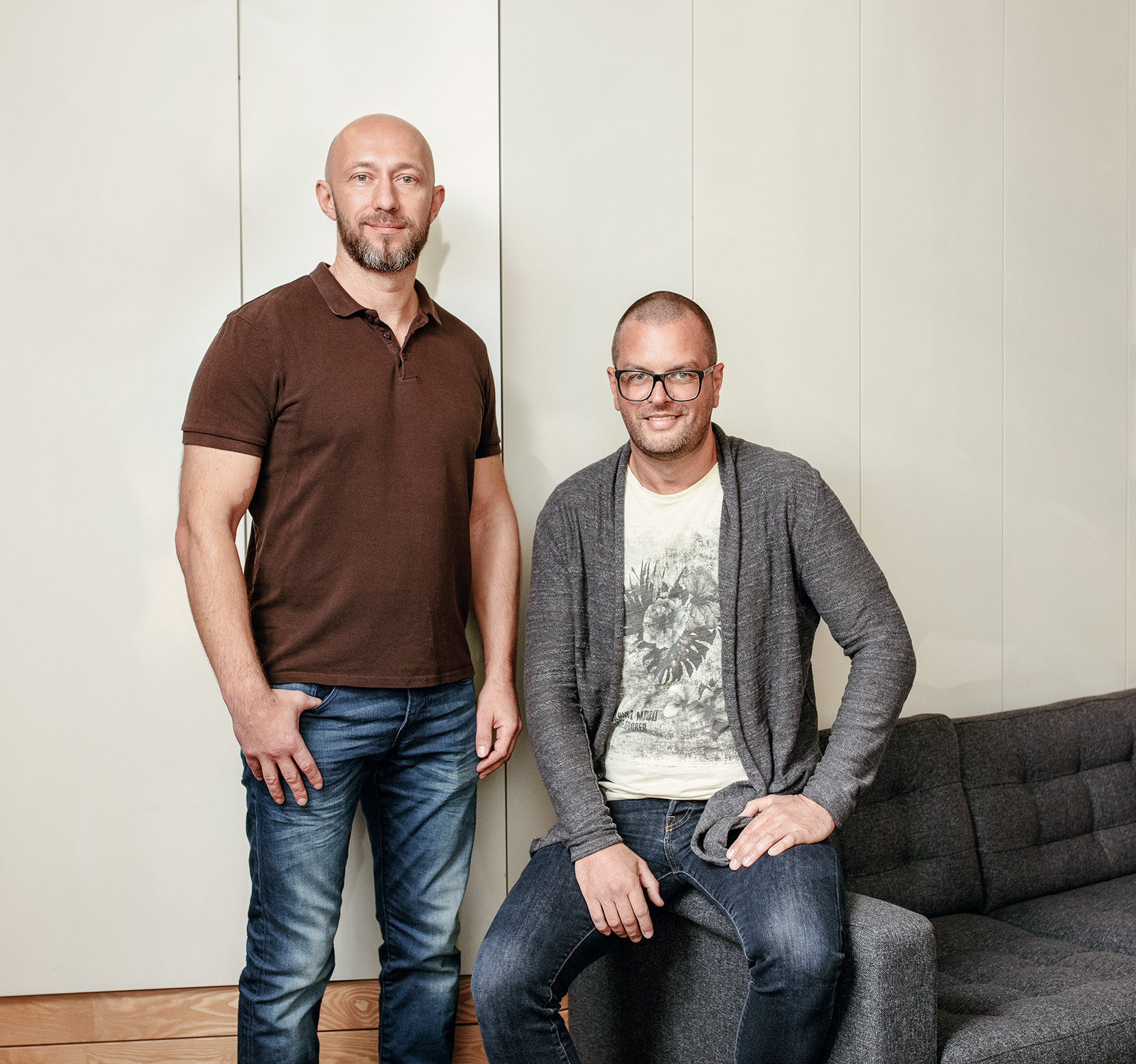The coronavirus global health pandemic — and the new emphasis on social distancing to slow down the spread of COVID-19 — has put healthcare and tech services used to enable healthcare remotely under the spotlight. Today a startup that’s building microinsurance and healthcare services specifically targeting emerging markets is announcing a round of funding to meet a surge in demand for its services.
BIMA, a startup that provides life and health insurance policies, along with telemedicine to support the latter, all via a mobile-first platform targeting consumers in emerging markets whose primary entry point to online services is via phones, not computers, is today announcing that it has raised $30 million in funding, a growth round that the Stockholm/London-based startup plans to use to double down on its health services in the wake increased demand around COVID-19.
The company currently provides telemedicine as a service connected to its health insurance, and it has expanded to include health programs for managing illnesses and offering discounts for pharmacies, and the plan seems to be to bring more services into the mix.
This is the same approach we’re seeing from other insurance startups targeting emerging economies, including China’s Waterdrop, which recently raised $230 million. Looking at the network of services Waterdrop is building, including crowdfunding, gives you an idea of what else BIMA might potentially look to add in, too.
The round is being led by a new investor — China’s CreditEase Fintech Investment Fund (CEFIF) — with previous backers LeapFrog Investments and insurance giant Allianz (who were in BIMA’s previous, $97 million round) also participating.
We’re asking the startup about its valuation, but in its previous round the company was valued at $300 million, and it has grown considerably since then.
BIMA has now clocked up 2 million tele-doctor consultations and has some 35 million insurance and health policies on its books, growing its customer base by some 11 million people in the last two years. It’s now active in 10 countries — Ghana, Tanzania and Senegal in Africa; and Bangladesh, Cambodia, Indonesia, Malaysia, Pakistan, Philippines and Sri Lanka across Asia.
At a time when we have seen a number of insure tech startups emerge in the US and Europe — with some, like Lemonade, growing into publicly-listed companies — BIMA is very notable in part because of who it targets.
It’s not higher economic brackets, or necessarily segments with disposable income, or those in developed markets with stable economies. Rather, its focus is, in its words, underserved families that typically live on less than $10 per day and are at high risk of illness or injury, with 75% of its customers accessing insurance services for the very first time, BIMA notes.
Aiming at developing economies where middle classes are still only materialising, currencies are potentially unstable, and there is still a lack of infrastructure means that BIMA is contending with a combination of factors that makes the bar high for entry, but it’s also potentially more rewarding because of the lack of competition and tapping a demand that is still rapidly growing.
“The onset of COVID-19 has brought home the value of telemedicine, to help prevent the spread of disease, and the importance of insurance, for peace of mind,” said Gustaf Agartson, the CEO of BIMA who co-founded the company with Mathilda Strom, in a statement.
“Through digital solutions, and a human touch, we’ve been able to serve hard to reach communities with tools and services that bring them a sense of security at such a challenging time. The funds we have raised will allow us to expand our operations and further invest in our product offering that will help us scale quickly to meet the unprecedented demand for our services.”
It’s interesting to see CreditEase, a Chinese investor, as part of this round: the idea of all-in, full service health services companies banked around the insurance proposition has been one cultivated in the Chinese market. But even with the development of HMOs in the US, it’s interesting that there have been relatively few startups around the world trying to develop similar models. BIMA stands out in part because of that.
“We are very impressed by BIMA’s innovative integration of micro insurance and tele-doctor services, which provide critical coverage to meet large unmet demand in emerging markets, and whose value is accentuated further by the current pandemic,” said Dennis Cong, managing partner at CEFIF, in a statement. “We are very happy to have the opportunity to join this meaningful journey, along with the established leading shareholders, and support the company to grow its business and expand its leadership position in its served markets.”
“The market that BIMA is serving is vast and demand for health services is tremendous,” added Stewart Langdon, a partner at LeapFrog Investments. “BIMA’s unique digital capabilities empower emerging market consumers to access many health and insurance services on a single, easy to use platform. That includes protection for millions of first-time buyers of insurance who would otherwise remain unprotected and at risk.”
“We are happy to continue our partnership with BIMA and jointly deliver telemedicine and remote healthcare services in developing markets,” said Nazim Cetin, CEO at Allianz X, in a statement. “We believe the demand for these services will continue to increase and want to manifest BIMA’s leading position in the market by providing support with our experience and network.”





